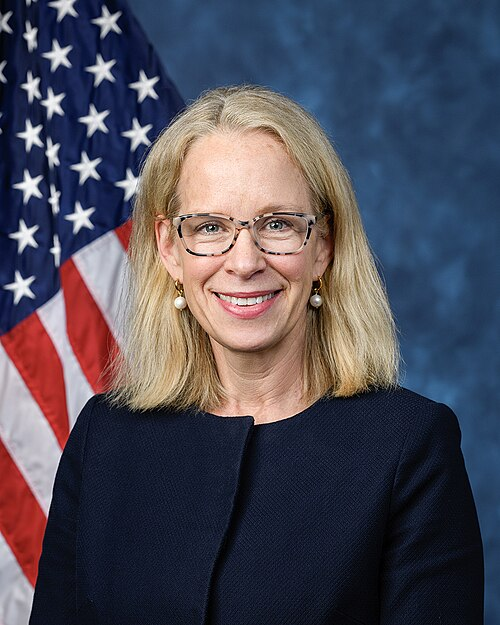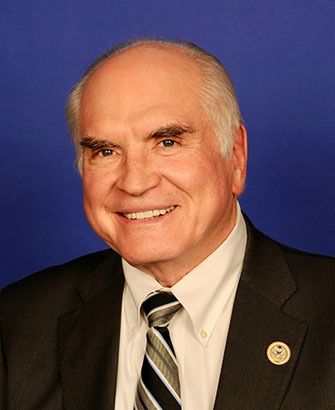H.R. 1541: Wireless Broadband Competition and Efficient Deployment Act
The Wireless Broadband Competition and Efficient Deployment Act
aims to streamline the process for installing personal wireless service facilities, such as antennas and equipment, by eliminating certain environmental and historical preservation review requirements. This would apply specifically to projects involving the collocation (the installation of new facilities alongside existing ones) or modification of eligible personal wireless service facilities that require federal permits or approvals.
Key Provisions
- Exemption from NEPA: The bill states that federal authorizations for covered projects will not be regarded as major federal actions under the National Environmental Policy Act (NEPA), which typically requires extensive environmental reviews.
- Exemption from NHPA: Similarly, these projects will also not be considered undertakings under the National Historic Preservation Act (NHPA), removing the need for preservation reviews that could delay the deployment of wireless infrastructure.
- Definition of Covered Projects: A
covered project
includes:- Mounting or installation of personal wireless service facilities at existing locations.
- Modification of existing personal wireless service facilities.
- Eligible Facilities: The bill defines eligible personal wireless service facilities to encompass various wireless equipment, including antennas, apparatus, transmitting devices, and associated infrastructure necessary for providing wireless services.
Objectives
The primary goal of this legislation is to facilitate and expedite the deployment of wireless broadband by reducing regulatory hurdles. This can lead to faster updates to existing technology and more rapid expansion of wireless services, aiming to improve competition among providers and enhance connectivity options for consumers.
Impact on Stakeholders
This bill is designed to primarily benefit wireless service providers by allowing them to install and modify infrastructure more quickly and with fewer regulatory delays. The reduced requirements might also lower operational costs associated with these projects. However, it may raise concerns among environmental and historical preservation advocates about the potential impacts of expedited installations.
Relevant Companies
- VZ (Verizon Communications Inc.): As one of the major wireless service providers, Verizon could benefit significantly from expedited infrastructure deployment due to reduced regulatory burdens, potentially leading to faster network enhancements.
- T (AT&T Inc.): Similar to Verizon, AT&T may see benefits in their ability to quickly deploy and upgrade wireless facilities, as this legislation would allow for faster implementation of new technology solutions.
- TMUS (T-Mobile US, Inc.): T-Mobile could also leverage the provisions of this bill to enhance its network infrastructure more efficiently, potentially improving competitive positioning in the wireless market.
This is an AI-generated summary of the bill text. There may be mistakes.
Sponsors
1 sponsor
Actions
2 actions
| Date | Action |
|---|---|
| Feb. 24, 2025 | Introduced in House |
| Feb. 24, 2025 | Referred to the Committee on Energy and Commerce, and in addition to the Committee on Natural Resources, for a period to be subsequently determined by the Speaker, in each case for consideration of such provisions as fall within the jurisdiction of the committee concerned. |
Corporate Lobbying
0 companies lobbying
None found.
* Note that there can be significant delays in lobbying disclosures, and our data may be incomplete.


































